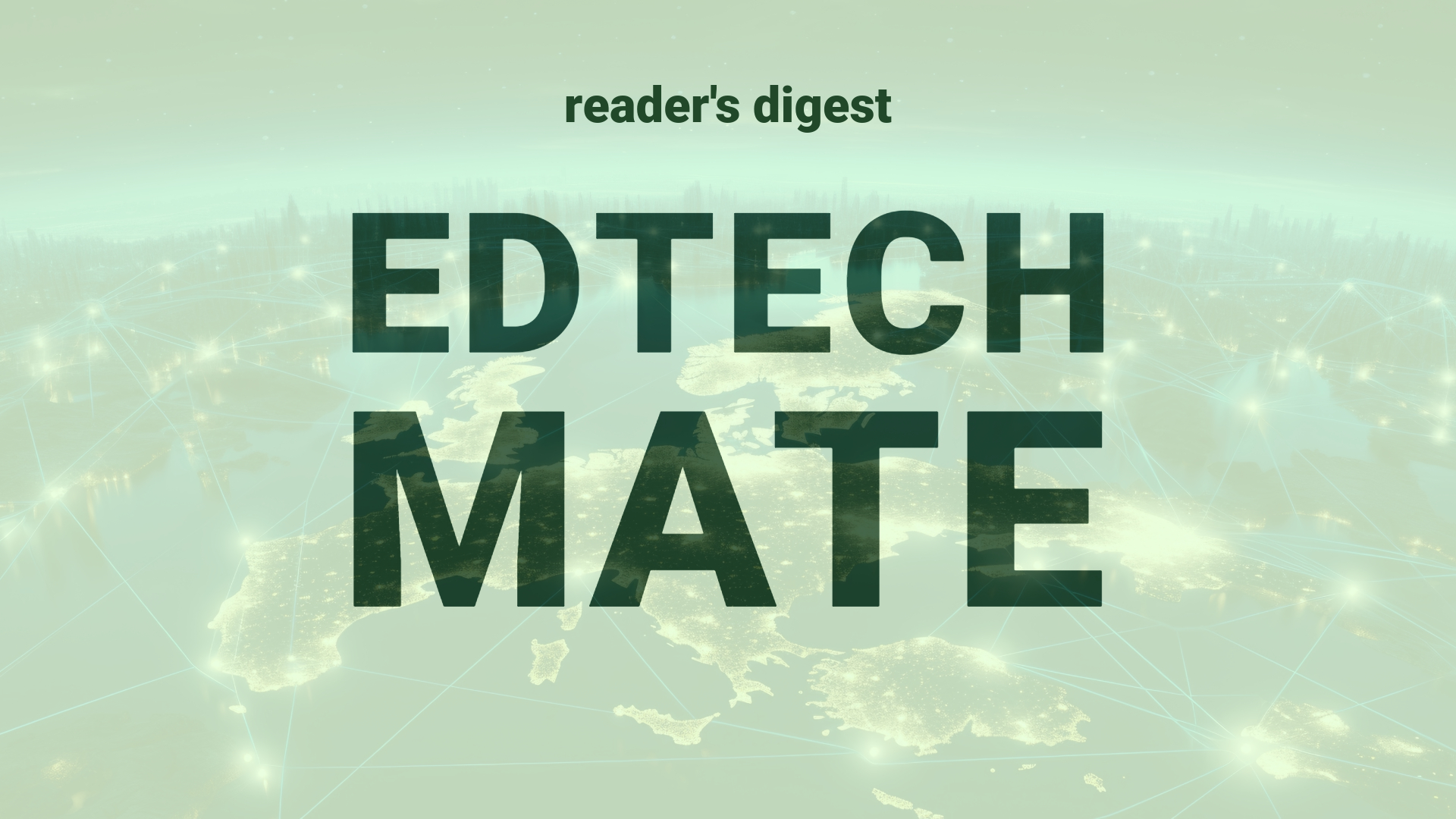“`html
Executive Summary and Main Points
This section emphasizes the essential conversations and preparations necessary for embarking on a PhD journey, highlighting the need for open communication and expectation management. Acknowledging the awkward yet crucial discussions regarding supervisor expectations, support systems personally and financially, and self-reflection represents a significant paradigm within higher education towards personalized and proactive academia.
Potential Impact in the Education Sector
These insights can heavily impact Further Education, Higher Education, and Micro-credentials. The emphasis on clear expectations with supervisors aligns with strategic partnership development in research. The focus on financial planning and support systems has implications for how education providers could structure scholarship programs and student well-being services, supporting wider digitalization and personalized learning environments.
Potential Applicability in the Education Sector
The mentioned approaches can be applied using AI and digital tools. For instance, AI-driven platforms can facilitate regular check-ins between students and supervisors, while analytics can help forecast and personalize support mechanisms. These tools could be adapted to global education systems, recognizing diverse student journeys and encouraging resilience and well-being across varied socio-economic landscapes.
Criticism and Potential Shortfalls
A critical analysis suggests possible shortfalls such as over-reliance on digital tools that might overlook the nuance of human interaction in delicate conversations. Additionally, the strategies may not account for diverse cultural attitudes towards education and authority figures. Ethical considerations must be explored regarding data privacy and the potential socio-economic bias in technology-based solutions.
Actionable Recommendations
To harness these technologies, educational leaders should consider implementing structured yet adaptive communication frameworks, incorporating AI-based mentorship and resilience-building programs, and ensuring equitable access to digital tools for all demographics. Strategic investments into AI and digital literacy programs can better prepare students and faculty for integrating these solutions in global education systems.
“`

